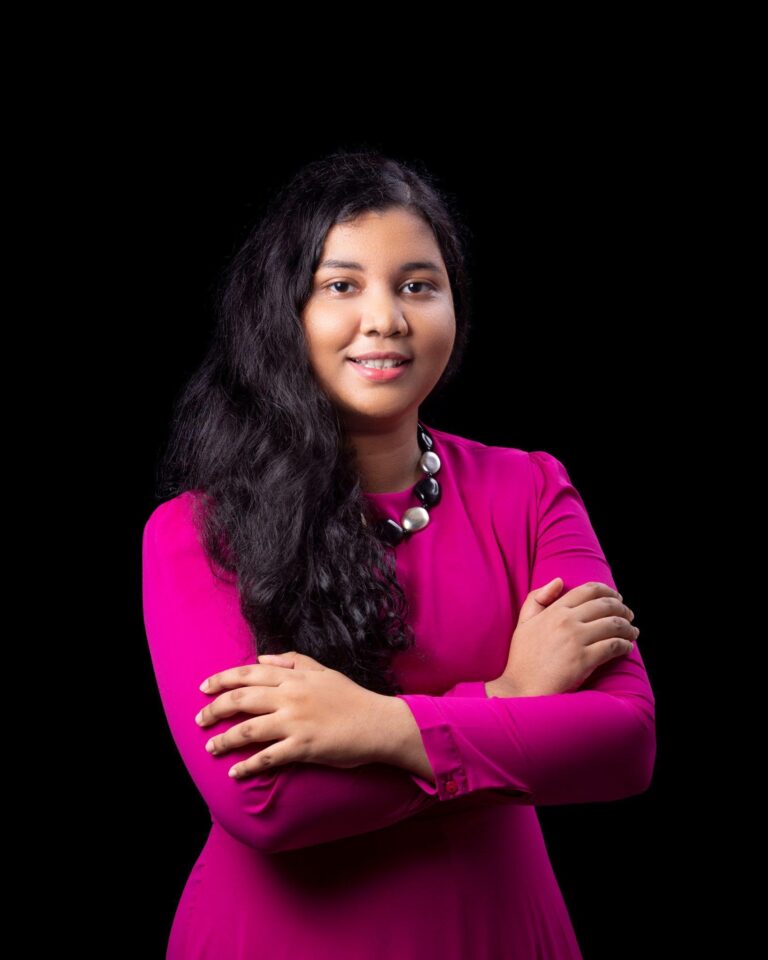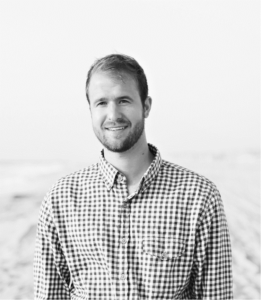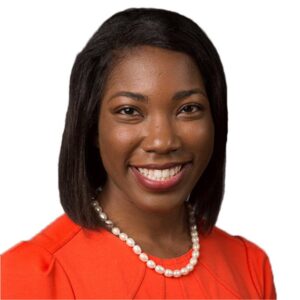Graduate Research and Teaching Assistant, Ph.D. student in Cellular Biology at University of Georgia (UGA)
Please provide a summary of your job or research. What is an average day like? What are some duties performed?
As a Graduate Research Assistant in the Department of Cellular Biology at UGA, a typical day in my life involves:
A. Conduct mixed-methods research on undergraduate biology education, focusing on introductory lecture-based and laboratory-based courses.
B. Brainstorm different ways of bridging the gaps in Biology Education primary literature
C. Conduct quantitative analysis through MS Excel and Python on relevant student data.
D. Implement techniques to understand first-hand student accounts and reflections qualitative
As a Graduate Teaching Assistant, I am involved in:
A. Assisting the instructor to teach CBIO 3400 (Cellular Biology)– a conceptually challenging, upper-level class offered to most science majors.
B. Providing in-class and office-hours support to 80+ juniors and graduating seniors taking the class.
C. Providing 25+ students per breakout session while guiding them through worksheets and focusing on their ability to interpret complicated figures found in primary literature related to cell biology.
D. Grading in-class and breakout worksheets and exam questions, while providing targeted feedback.
What is your educational background and what prompted you to go this direction?
I graduated with a B.S. in Biology from Northern Arizona University (NAU), Flagstaff, AZ in 2019. During college, I was immersed in research pertinent to microbial genetics and systems biology. I was thinking of pursuing my PhD in epigenetics after taking a gap year. However, in 2020, a global pandemic started, and I had to stay in Sri Lanka. During this time, I decided to work as a member of the academic staff at Colombo Institute of Research and Psychology — a private higher education institution offering undergraduate and graduate programs in psychology. I had the opportunity to teach applied statistics to psychology undergraduates, and this experience helped me realize the interesting ways students navigate undergraduate-level statistics courses, especially in countries where student-focused teaching is not prominent. Then, I worked as an academic coach for Third Space Global Private Limited — a math-tutoring company catering to elementary to high school students in the UK. In addition to acknowledging and understanding how students navigate their way in math, especially in word problems, I also discovered how math anxiety comes into play during different settings such as walking someone through a word problem, standardized testing, etc. These experiences emphasized the fact that I need to change my trajectory when picking a graduate program. I felt that there was a dire need to facilitate science education for all, regardless of their racial and socioeconomic background, and the field needed more people coming from multicultural contexts. To combine my previous interests in molecular and/or cell biology and my current work portfolio, I decided to pursue my current Ph.D. program in molecular and/or cellular biology, emphasizing science education research. Particularly, I was interested in Dr. Molly Bolger’s research group in science education which was offered through the Molecular and Cell Biology Ph.D. program at the University of Arizona (UofA). I was incredibly fortunate to become a Ph.D. student in her research group, where we do a lot of exciting research on how biology majors gradually build their scientific agency in classroom and lab settings. Then, my supervisor and I decided to move universities, as the University of Georgia (UGA) had a more diverse body of Biology Education Researchers and this would foster more effective and productive collaborations. I completed the first year of my Ph.D. at the UofA and just started my second year at UGA.
What have you struggled with or overcome in your educational path or life path to get to this point?
I was born and lived in Sri Lanka for two decades. As someone who has always been curious when it comes to learning sciences, I was always interested in scientific phenomena. This led me to start asking questions from my teachers and peers. However, I was discouraged from being curious and instead was encouraged to follow a restrictive, memorization-focused pathway to pursue science. Eventually, this made me question whether I was really good at science. And then, I faced the biggest turning point in my life as a teenager: almost failing high school. This was essentially a make-or-break point in my life, as I had to choose an option between leaving the country to pursue my passion (Sri Lanka did not offer many options for high school failures to bridge the gap between high school and college), or remain and follow whatever was available in Sri Lanka. This inspired me to finish a 4-year college degree in 3-years at NAU and pursue a PhD in STEM. It was never an easy pathway, especially as an international student who was victimized by their own country’s education system. However, the hustle and struggle were worth it.
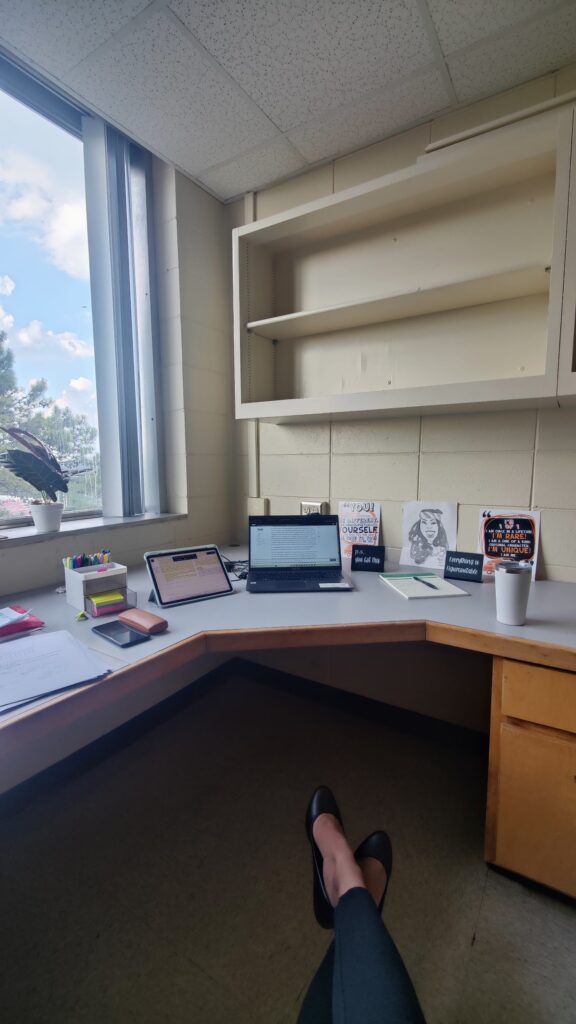
What is the best part of your job/research?
The best part of my job/research is to be an active part of a STEM coalition dedicated to improving biology education. This helps me appreciate students’ skills, particularly in authentic inquiry in conceptually challenging courses. When you hear students say that they “got” it, it is an amazing, priceless feeling for any educator. As a STEM education researcher and an educator, I feel more accomplished when students explain their own process of how they worked on obtaining an answer, rather than getting accurate answers.
What is the worst part?
I would not identify this point as the “worst” part, but more like a work-in-progress part. Especially in the qualitative research sphere, when I try to decipher reflections coming from students who identify themselves as PEER (Persons Excluded due to Ethnicity and Race as defined by Asai, 2020) and/or first-generation students, it is quite emotional to see the struggles the students undergo when they are trying to balance school and societal dynamics. I understand there is ongoing work in order to help these work-in-progress situations through the active involvement of Discipline Based Educational Research scholars in academia, nonprofits, and federal settings. However, I think we should give more priority to these students, as this support would certainly mean the world to them.
What’s the most exciting part of your job?
As I conduct research, particularly on students coming from underrepresented and low socioeconomic backgrounds and their navigation and persistence in science classrooms, it makes me happy to see that I am engaged in productive work in bridging these inequities. As someone who was born and raised in South Asia and immersed myself as an international undergraduate and a former graduate student in two Hispanic-serving institutions (NAU and UofA), I have experienced and seen these inequities in the real world. I’m particularly excited to understand how students coming from all walks of life try to integrate themselves into the scientific community and identify themselves as an active part of the prospective STEM work force, as a result of majoring in STEM during college.
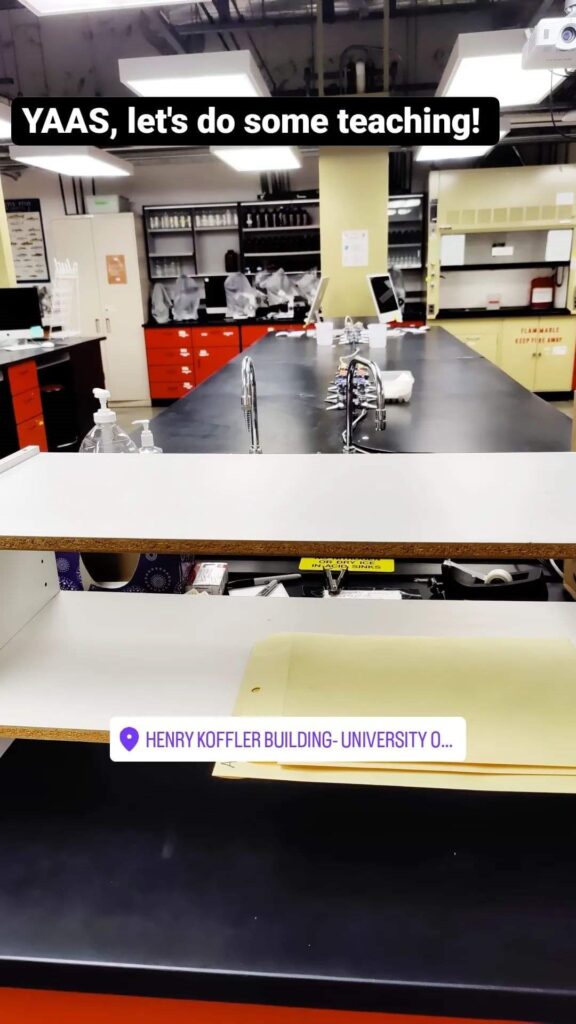
What has changed about your profession in the past ten years?
There were fewer STEM Ph.D. programs that had interesting, interdisciplinary interactions with the domain of science education in the past decade. It is nice to see there is some progress in the availability of such programs where interactions between STEM and social science are highly encouraged. As someone who is in such an interdisciplinary Ph.D. program, it is fascinating to research and learn how to improve biology education. The fact that I get to write my dissertation about these topics is even more exciting.
What do you think will change in the next ten?
I think science education has an amazing potential to become more inclusive, especially since we would see a higher number of students coming from PEER (Persons Excluded due to Ethnicity and Race) and low socioeconomic backgrounds pursuing and persisting in STEM majors. Also, with the ongoing research in Biology Education (basically in the entire sphere of Discipline-Based Education Research) I believe there would be significant enhancements in increasing equitable access to science education for our ever-increasing diverse population of students, starting from K-12, up through college, and graduate education.

